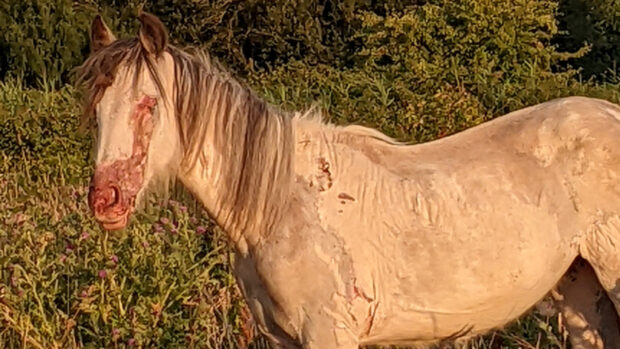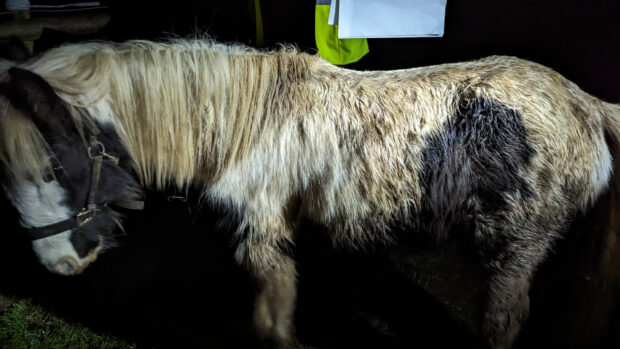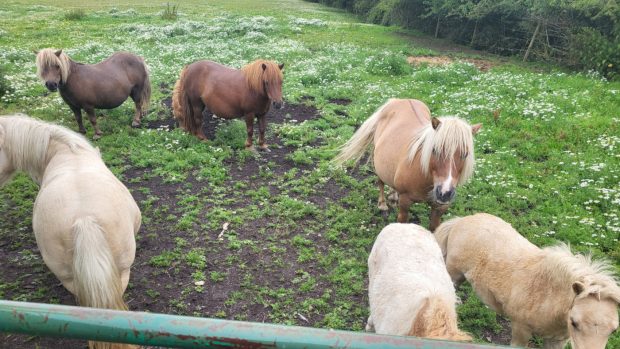The government is delaying planned changes to the Animals Act 1971 following a mixed response to its proposals.
The changes — which were to be announced in October — aim to remove strict liability from owners should their animals cause an accident, even while being looked after responsibly.
Defra suggested describing an animal’s characteristics as “conditional” or “unusual” to help solve the problem.
“Unusual characteristics” are those not shared by the species in general. “Conditional characteristics” are those one might expect in particular circumstances, for example a mare becoming aggressive if separated from its foal.
But in a consultation launched in June, although 77% of respondents to the proposed amendments agreed the Act needs clarification, only 37% agreed with the proposed wording. A further 40% did not agree and several offered alternatives.
A Defra spokesman said: “We now have to consider a complex range of detailed suggestions before we can proceed.”
David Buckton of South Essex Insurance Brokers (SEIB) said “We were pleased Defra is taking responses seriously.
“We are asked if ‘conditional characteristics’ could be limited to ‘behavioural conditional characteristics’ because a horse’s sheer size could be a conditional characteristic, and an owner can’t help that.”
The British Horse Society (BHS) also voiced concern, and has suggested providing four defences under the Animals Act, ranging from damage being caused by an act of God, to the person suffering the damage having consented to accept the risk.
Nicole Mellors, a dressage rider and trainee solicitor, warns that if any such changes are implemented, they would need to be defined by the courts.
Mr Buckton added: “There will always be strict liability in some form, and although clarification will help to stabilise premiums, there will be court cases, so we won’t see a reduction immediately.”
Richella Logan, from the Country Land and Business Association (CLA), said: “We remain convinced that the wording outlined in the recent consultation is the most realistic way of resolving the issue. The longer this carries on, the longer uncertainty remains.”
Defra received 35 responses to its consultation, including replies from the British Equestrian Federation, the British Horseracing Authority and World Horse Welfare.
A Defra spokesman said: “We will announce our plans for taking this forward in the near future.”
This article was first published in Horse & Hound (1 October, ’09)




